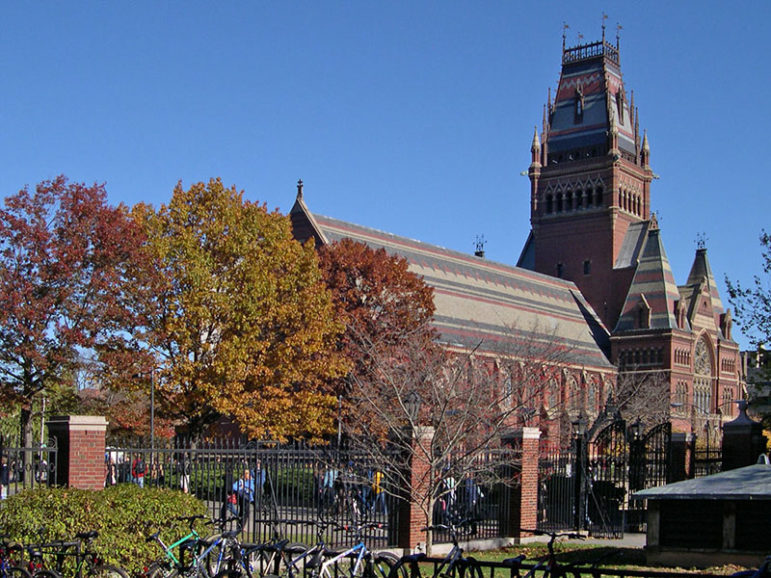
September 13, 2016; Bloomberg, “Markets”
Closely following hearings by the Senate Finance Committee, the House Ways and Means Oversight Subcommittee this week began its own look into the public benefit of the tax breaks that underpin college and university endowments and capital fundraising. With the costs of a college education rising, student debt growing, and government funding shrinking, Congress continues to search for a solution by looking at how universities use the more than $500 billion they collectively hold in their endowment funds.
For Committee Chairman Peter Roskam (R-IL), the skyrocketing cost of a college degree is an indicator that endowments are not being targeted properly. In comments reported by Bloomberg News, he said, “Given the families’ concerns and the big tax benefits colleges and universities get from taxpayers, the Ways and Means Committee believes it is important for us to keep learning about how these schools are working to fulfill their charitable and educational purposes.”
To bolster this argument, Roskam’s committee heard from several witnesses who support this thesis. Sheila Bair, President of Washington College and former chair of the FDIC, told the committee its investigation of college endowments was the right course: “I can think of no better purpose for endowment income than scholarships. It saddens me that Congress would need to require colleges to do something so obviously in the best interests of their students.”
“The cost of higher education has increased more rapidly than that of food, shelter, and medical care for the current generation of college students. […] One recent analysis showed that real wages for the typical college graduate have risen only 1.6 percent over the past 25 years while their average student debt over a four-year graduation has grown by a whopping 163.8 percent.”
Congressman Tom Reed’s (R-NY) anticipates introducing legislation that would require colleges with more than $1 billion in endowment assets to devote a fixed share of their endowments to offset student college costs. But this would only affect the 94 schools that hold 75 percent of all endowment funds. This cannot be the sole solution to the burdensome cost of higher education—most schools have small or no endowments to draw upon.
Sign up for our free newsletters
Subscribe to NPQ's newsletters to have our top stories delivered directly to your inbox.
By signing up, you agree to our privacy policy and terms of use, and to receive messages from NPQ and our partners.
Bair observed that colleges have little or no incentive to control costs because student loans are readily available.
The ability to freely borrow has made it easy for schools to raise tuition because students can just keep borrowing more to pay for it. Your usual supply and demand is out of whack. You’re increasing the price but you’re not necessarily reducing demand and getting that price discipline.…That’s what feeds an asset bubble. That’s the same dynamic we saw during the subprime crisis.
College leaders claim they do not have the ability to freely target endowment funds, even if they agree that using them more heavily for scholarships would be a good area. Jim Shaffer captured their arguments in an August NPQ newswire.
The elite college and university administrators have a host of arguments at the ready to justify not spending more of their money on financial aid. There is donor intent to honor. Endowments are investments representing many hundreds and even thousands of accounts, each with their own restrictions. And then there is the most common argument: preserving the institution’s wealth for the future.
With Bloomberg reporting “College endowments are poised to take the worst slide in performance since the 2009 recession,” worries about preservation of assets may become even greater.
The concentration of endowment wealth in a small number of elite schools creates another problem that will not be solved by requiring a greater distribution for scholarships. Mark Schneider, Vice President of the American Institutes Research, sees current tax policy disproportionally benefiting wealthy students. “The size of the public subsidy increases with the size of the endowment. Taxpayers are subsidizing rich students at rich universities.”
The problem of the growing cost of post-secondary education needs a solution, and one tool that ought to be used is changing tax policy to target tax breaks. But it remains a single tool. Congress has a responsibility to properly fund education and to ensure students have equal access. If they look at this only as a good campaign issue and universities as easy targets for public anger, the challenge will not be met.—Martin Levine













